I feel for the government, I really do. It is well known that terrorists, drug gangs, and other criminals are using prepaid debit cards (including gift cards) to launder money and circumvent financial reporting rules. But do we really need draconian rules in place that will make buying a prepaid card of any type a huge hassle and infringe in the legitimate privacy of individuals?
 Right now there is a huge disparity between banks and non-bank entities when it comes to purchasing prepaid cards. You can buy a $500 gift card from your local mall or Safeway without any reporting, but a bank will likely require you to have an account there to purchase even a $25 prepaid card, so they can identify who you are.
Right now there is a huge disparity between banks and non-bank entities when it comes to purchasing prepaid cards. You can buy a $500 gift card from your local mall or Safeway without any reporting, but a bank will likely require you to have an account there to purchase even a $25 prepaid card, so they can identify who you are.
The Treasury Department recently proposed new rules for prepaid cards, which were mandated by the Credit Card Act of 2009. Specifically, they are proposing that non-bank entities selling prepaid cards:
- File suspicious activity reports (SARs) with the government on suspicious activity of more than $2,000.
- Collect customer information anytime a card is reloaded at someplace other than a bank.
- Maintain transaction information.
For the next 30 days (as of June 28) the public can comment on the proposed rules.
Most troubling is the provision that requires reporting anytime a card is reloaded. I know a few people that use these reloadable cards because they have a strong sense of a right to privacy and don’t want their personal spending habits picked through by either hackers or warrantless government requests.
My biggest concern though is that this represents a slippery slope towards total reporting on every prepaid card purchase, essentially treating everyone like criminals. As an example, while Federal law requires only reporting of cash transactions over $10,000 by banks, one of my banks recently gave me the FBI treatment when inquiring whether a cash withdrawl of less than $10,000 was an attempt to get around the financial reporting requirements. Get that, the bank was not required to report the transaction but was giving me the once over anyways to cover its butt. We could see a similar effect with the new prepaid card reporting rules, where some retailers figure they will cover their butts by requiring personal information on ANY prepaid/gift card purchase. This also means that if you are a business buying 30 $50 gift cards for your employees, you will be suspected of criminal intent automatically.
On the bright side, if personal information was required for EVERY purchase of a prepaid card of any kind, it would be a lot harder for companies to claim unspent funds as breakage and for states to co-opt breakage funds as unclaimed property which would never likely be returned to their rightful owners
Also on the bright side, if personal information was required for EVERY purchase, perhaps people will be less inclined to purchase gift cards and I will receive less of them and more real, thoughtful gifts. Along similar lines, I haven’t bought Sudafed since they started asking for my ID to buy it.

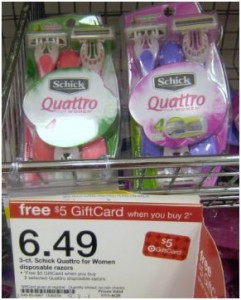
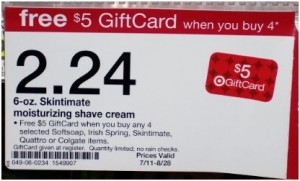

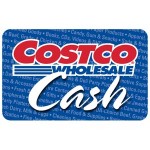

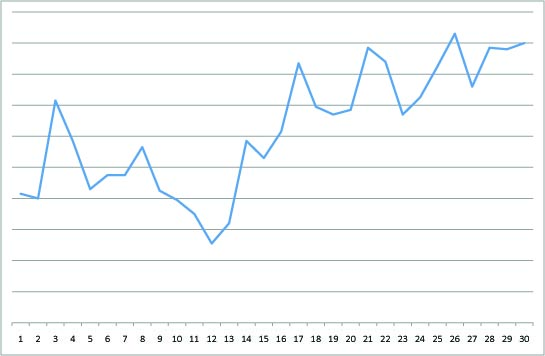
 It looks like someone
It looks like someone 
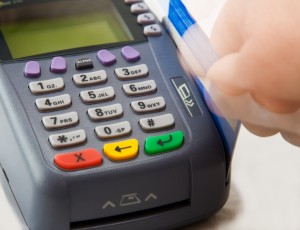
 Apparently inComm, the company behind the issue of Vanilla Mastercard prepaid gift cards accidentally issued some cards that when activated, had no limit on them and allowed the holder to spend way past amount the cards should have been limited to.
Apparently inComm, the company behind the issue of Vanilla Mastercard prepaid gift cards accidentally issued some cards that when activated, had no limit on them and allowed the holder to spend way past amount the cards should have been limited to.

RSS